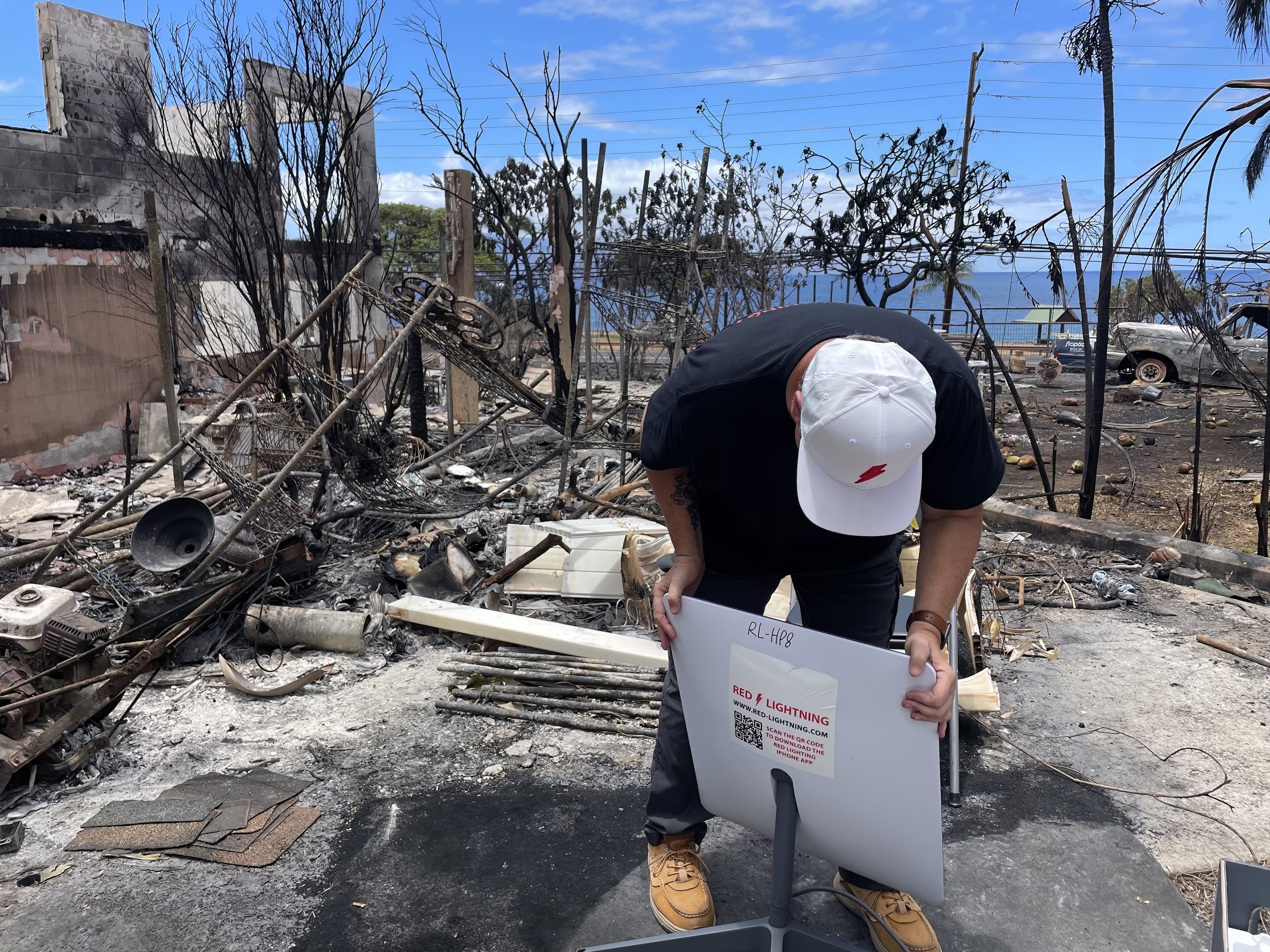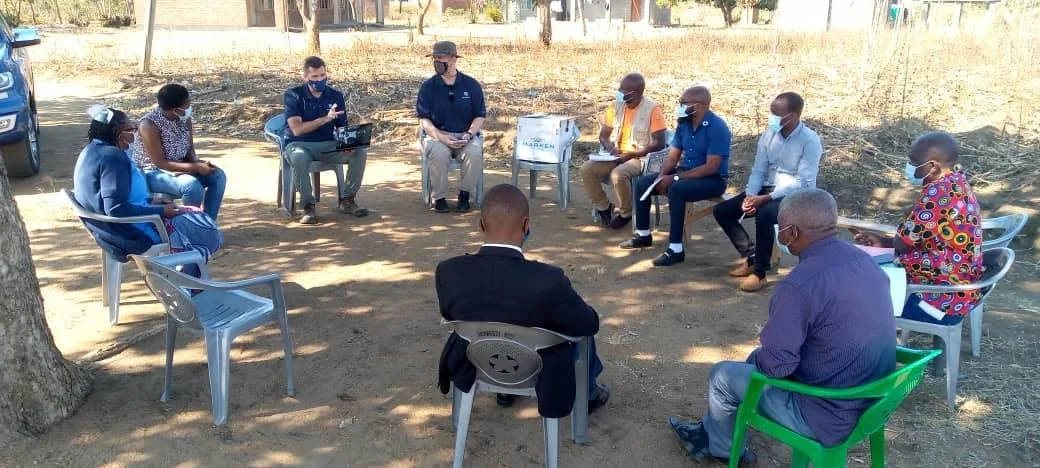Our Services
-
Logistics
We specialize in solving complex logistical challenges including last mile delivery to hard-to-reach areas. We bring together experts in the field, including SME volunteers who bring over 30 years of experience from renowned logistics companies like UPS, to ensure supplies make it from capital cities to the individuals in need. Generally, this includes route planning, supply chain management, and reverse supply chain capabilities. We have also managed logistics for larger aid organizations such as The Salvation Army and The UPS Foundation during various deployments.
-
Operations
We lead operation plans following natural disasters. Our expertise lies in coordinating and executing relief efforts, ensuring a swift and effective response to the aftermath of calamities. We assess disasters, determine gaps in the response, and collaborate with partners to implement solutions. Our focus is on helping those that have fallen through the cracks in a response. For example, our team hiked for 2 days to get to a village of only 1000 people in response to the cyclone in Vanuatu because they had not received any aid.
-

Project Management
We specializes in spearheading disaster aid and medical equity initiatives, taking a proactive role in providing relief and addressing healthcare disparities. Our team has extensive experience in project management and personnel coordination. We lead our own efforts as well as lead teams for other organizations.
-

Communications
In disaster zones and rural areas, communication is often a significant challenge. To address this issue, we offer innovative communication solutions. We’ve deployed Starlink units, which provide Wi-Fi connectivity in remote disaster zones, facilitating vital information sharing and coordination. We also provide SAT phones for situations where traditional satellite services may be unavailable or disrupted. These solutions play a critical role in ensuring that first responders, relief workers, and affected communities have the necessary means to stay connected and coordinate efforts during and after disasters.
-

Ultra-Cold Chain
In response to the COVID-19 pandemic, we worked to advance vaccine equity in low-income countries. The requirement to move Pfizer-BioNTech COVID-19 vaccine doses at -60 ֯ C to -80 ֯ C posed a significant challenge in many countries that don’t have ultra cold freezers or dry ice manufacturing capabilities. We built an ultra cold training course for supply chain workers and worked with local governments to map current supply chains, assess readiness gaps, and design operating plans to ensure the successful distribution of this life-saving vaccine.
-

Hospital Waste Management
Improper hospital waste poses risks to human and environment health, including risk of secondary infection, pollution, and a black market incentive. We developed a training program on proper care of biohazardous waste and consulting services for hospital systems and governments on solution implementation. As part of the consulting process, a waste management Subject Matter Expert is assigned to evaluate current practices, benchmark against global best practices, create supply chain mapping and recommendations of systems for procurement.
-

Leadership Training
We have a Disaster Aid Training Program for our Subject Matter Expert volunteers. Our focus is leveraging experience from the private sector and applying it the humanitarian sector. As such, we train experts in their field how to deploy to disaster zones. In addition, we deploy our volunteers to gain in-person experience in disaster response.


